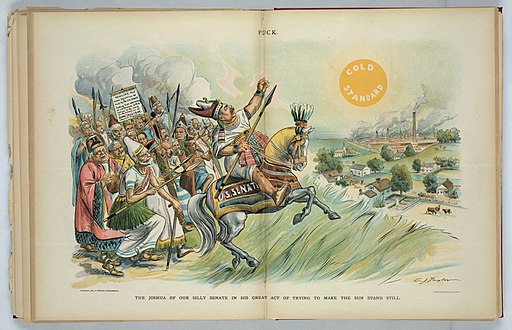
Linguist Noam Chomsky is known for mincing no words about the corruptions of political power. Yet when asked whether “government of the people, by the people, for the people is just a sham” at the end of an interview by John Rachel for CounterPunch (August 27), Chomsky insists that it is only “if we let it be,” and that Americans could instead “choose to exercise” their ability to turn their nation into a “cooperative commonwealth.”
This is at odds with Chomsky’s preceding replies, which detail how the United States wages war in ways that not only contradict popular opinion but violate its own laws. Chomsky’s 1973 book For Reasons of State took its title from a passage by Mikhail Bakunin about how “the State is the organized authority, domination, and power of the possessing classes over the masses.”
Chomsky holding out hope in 2021 that the people can and should “take the reins of government into their own hands” likewise ignores Bakunin’s observation that the state’s use of force necessarily “shatters the universal solidarity of all men on the earth, and brings some of them into association only for the purpose of destroying, conquering, and enslaving all the rest.”
Chomsky himself documented in Objectivity and Liberal Scholarship how the “organs of power and administration remained separate from the central Republican government” in the social movements fighting the fascist seizure of power during the Spanish Civil War, yet he reinforces what Larry Gambone calls “the myth of socialism as statism,” the very conflation of popular and political power for which Chomsky famously took mainstream historians to task.
Modern-day popular movements seeking an end to social warfare could do well to rediscover the forms of voluntary socialist organization noted by Chomsky and Gambone. They should also revive Bakunin’s vigilance against the “bold plunder” and “shabby betrayal that [is] daily being perpetrated by the representatives of the states.”
Correction: In the original version of this op-ed, John Rachel was misidentified as John Roberts.
New Yorker Joel Schlosberg is a contributing editor at The William Lloyd Garrison Center for Libertarian Advocacy Journalism.
PUBLICATION/CITATION HISTORY
- “More Reasons of State, More Troubles” by Joel Schlosberg, OpEdNews, September 3, 2021
- “More reasons of state, more troubles” by Joel Schlosberg, Lake Havasu City, AZ News, September 3, 2021
- “Sham Government?” by Joel Schlosberg, Salt Lake City Weekly, September 8, 2021 (both online and print)
- “More reasons of state, more trouble” by Thomas L. Knapp [sic], Madill, Oklahoma Record, September 9, 2021
- “More reasons of state, more trouble” by Joel Schlosberg, Sidney [Montana] Herald, September 11, 2021
- “More Reasons Of State, More Troubles” by Joel Schlosberg, Ventura County, California Citizens Journal, September 12, 2021
- “More Reasons of State, More Troubles” by by Joel Schlosberg, Roundup Record-Tribune & Winnett Times [Montana], September 15, 2021


